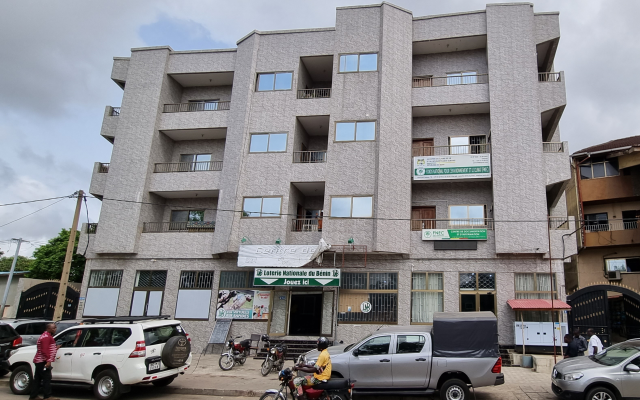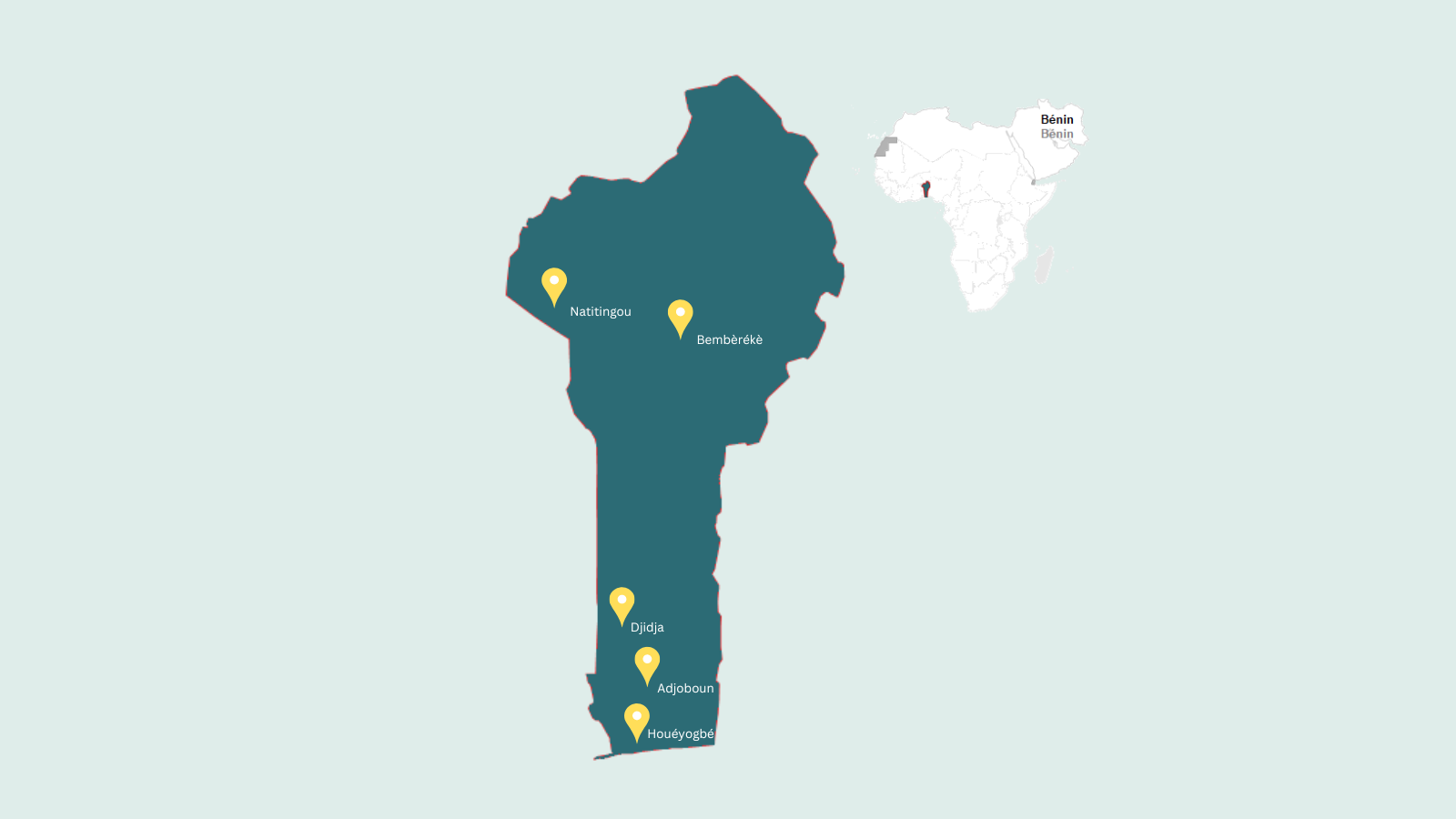New approaches for climate and biodiversity action

The National Fund for Environment and Climate (Fonds National pour l’Environnement et le Climat, FNEC) set up an initiative to finance small-scale projects led by national civil society organisations. Through a call for proposals, the FNEC identified five NGOs that receive financial and technical support to implement projects aiming at adaptation of agricultural practices to climate change, protection of biodiversity, pasture management, protection of headwaters and sustainable valorisation of biological resources. The individual projects receive funding of up to 90,000 euros and technical support. Through this activity, FNEC also gains experience and strengthens its capacity to implement funding programmes in line with current international requirements for climate program implementers, for example in the field of monitoring, evaluation and environmental and social standards.

INITIAL SITUATION
Decentralized approaches play a major role in the implementation of Benin’s environmental and climate policies. FNEC is a financing mechanism that can make a relevant contribution to the implementation of such decentralized approaches by supporting respective projects of different implementing organizations. However, for this to happen, the fund needs to strengthen its capacities, increase its visibility and expand its portfolio in the thematic spectrum of climate change mitigation and biodiversity.
TARGET GROUPS
National NGOs working in the climate change and biodiversity sectors are eligible to participate in the call. They must meet certain requirements regarding their institutional capacities and experience in the field of climate and biodiversity conservation.
LATEST PROJECT HIGHLIGHTS AND IMPACTS
- A call for proposals was launched and attracted 40 project submissions; five projects were selected and receive funding.
- FNEC staff training on mobilization of finance and on GCF environmental and social standards
- COP 27 side event: FNEC director shared experience as funding organisation on a panel on the impact of small grants with government officials
- Website updated
PROJECT APPROACH
The general objective of FNEC´s initiative, supported by IKI Small Grants, is to promote and finance small-scale climate and biodiversity projects in Benin, implemented by national civil society organisations. The projects shall implement measures in the agricultural sector, the water resources sector, the energy sector as well as the biodiversity and forestry sector.
To identify and select projects, a team of FNEC managers will organize a call for proposals, provide training to potential project promoters on how to draw up projects, evaluate and finally select the best project proposals. Among the selection criteria are: environmental and social compliance, gender sensitivity and the potential to scale up of innovations. FNEC will monitor the project implementation and evaluate the results and impacts reached at the end of the project. Finally, a dissemination of the project achievements is planned.
ABOUT THE ORGANISATION
The National Fund for Environment and Climate (Fonds National pour l’Environnement et le Climat, FNEC) is a financial instrument under the supervision of the Ministry of Living Environment and Sustainable Development in Benin. The organisation was founded in 2003 and responds to a need to support and finance initiatives related to environmental protection and climate change. The financing mechanism for programs and projects aims at the protection and rational management of the environment, the fight against the harmful effects of climate change and the promotion of a sustainable development in Benin.
